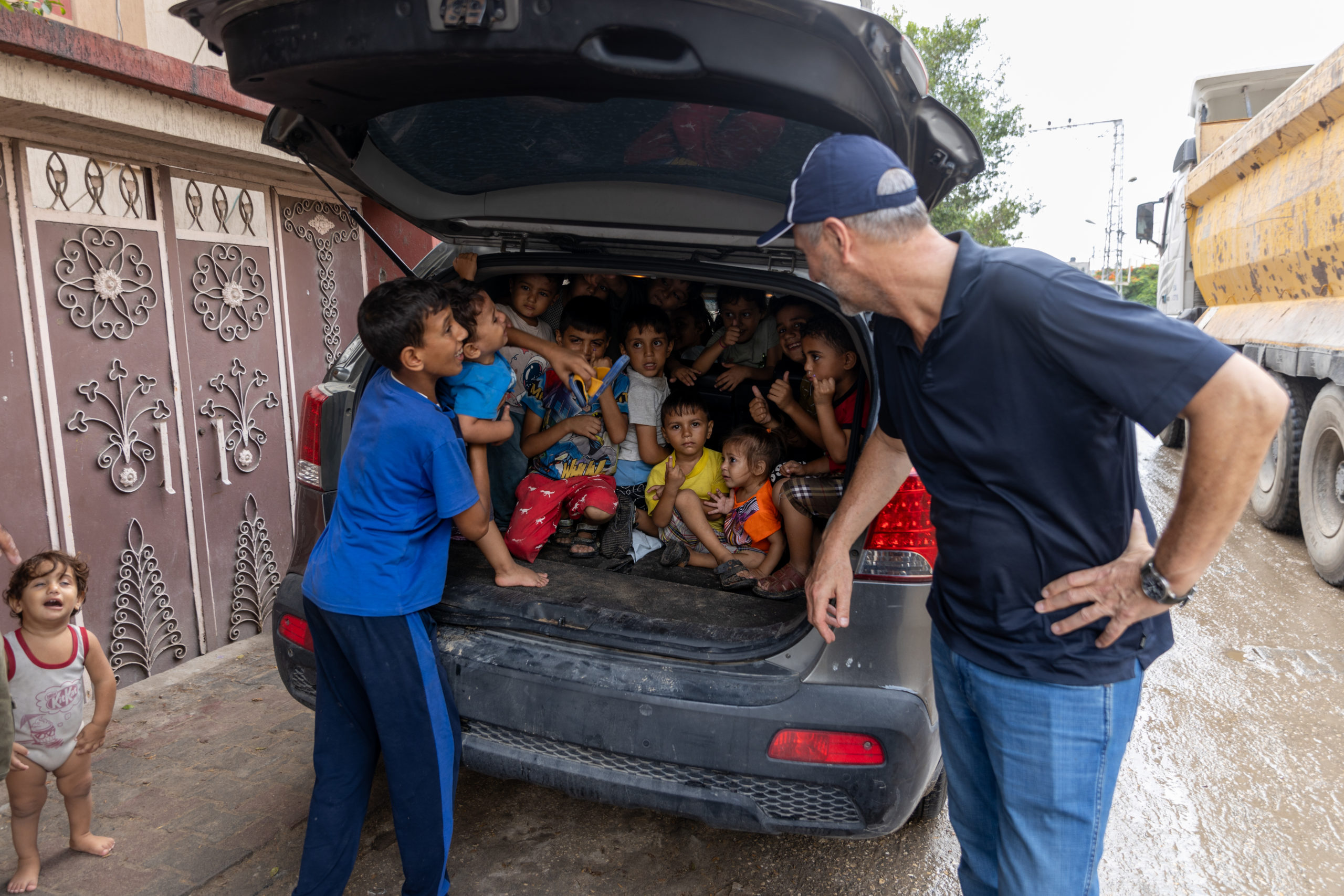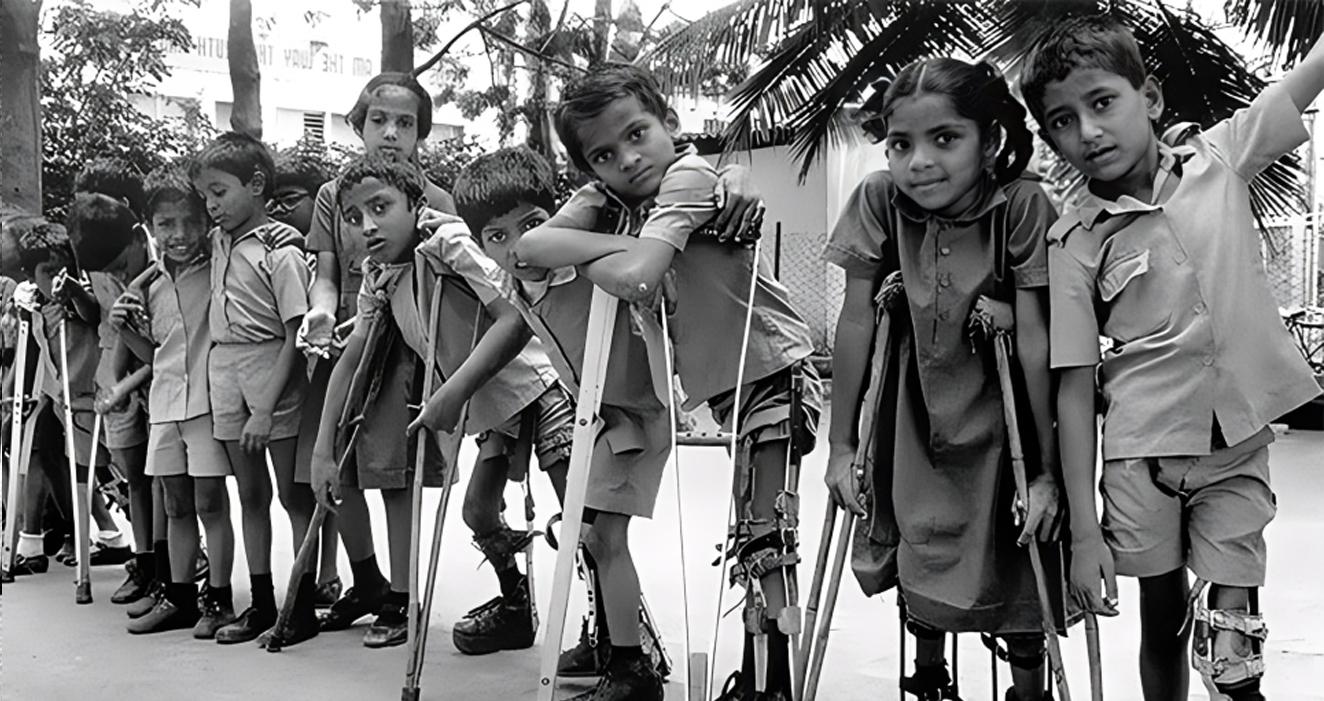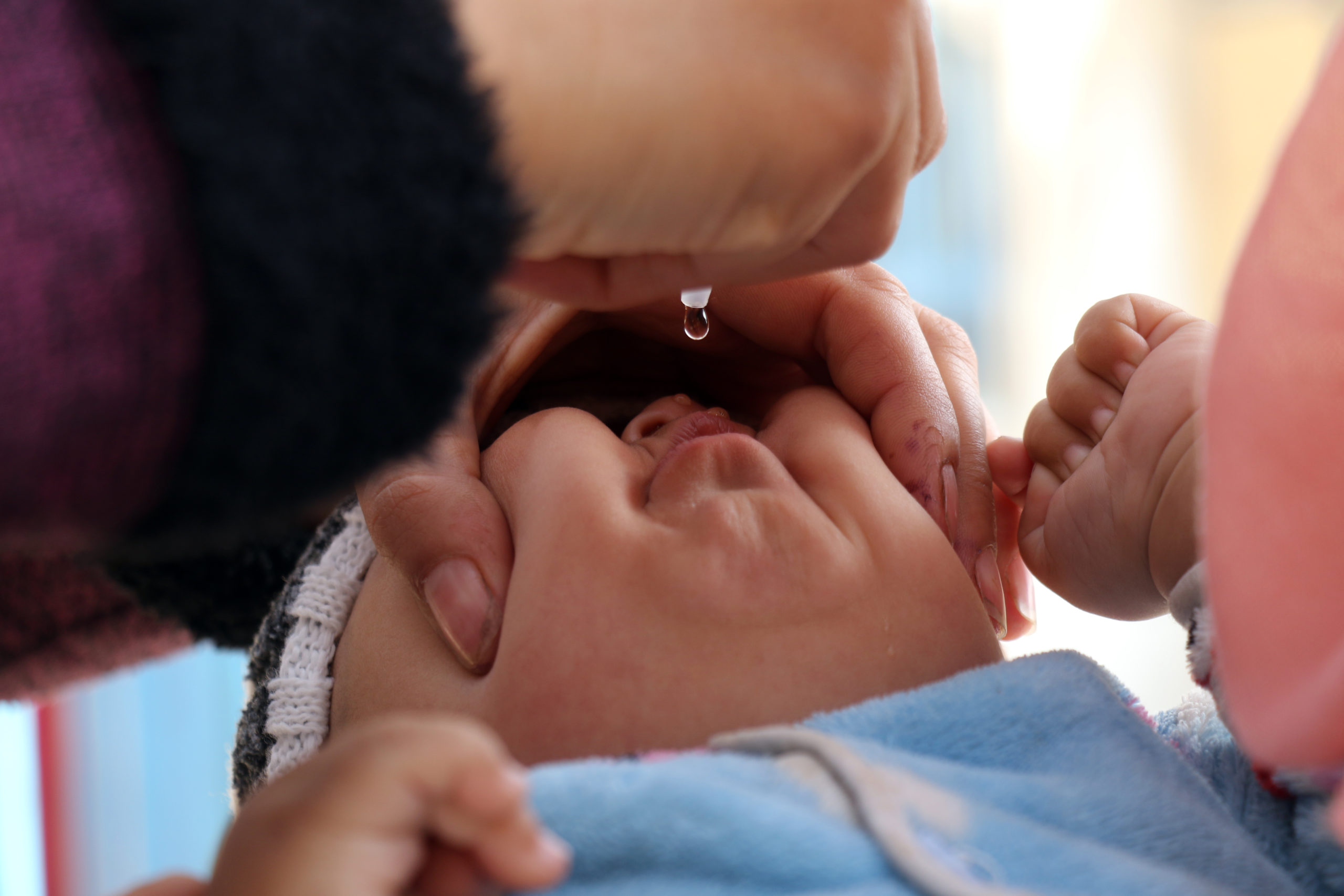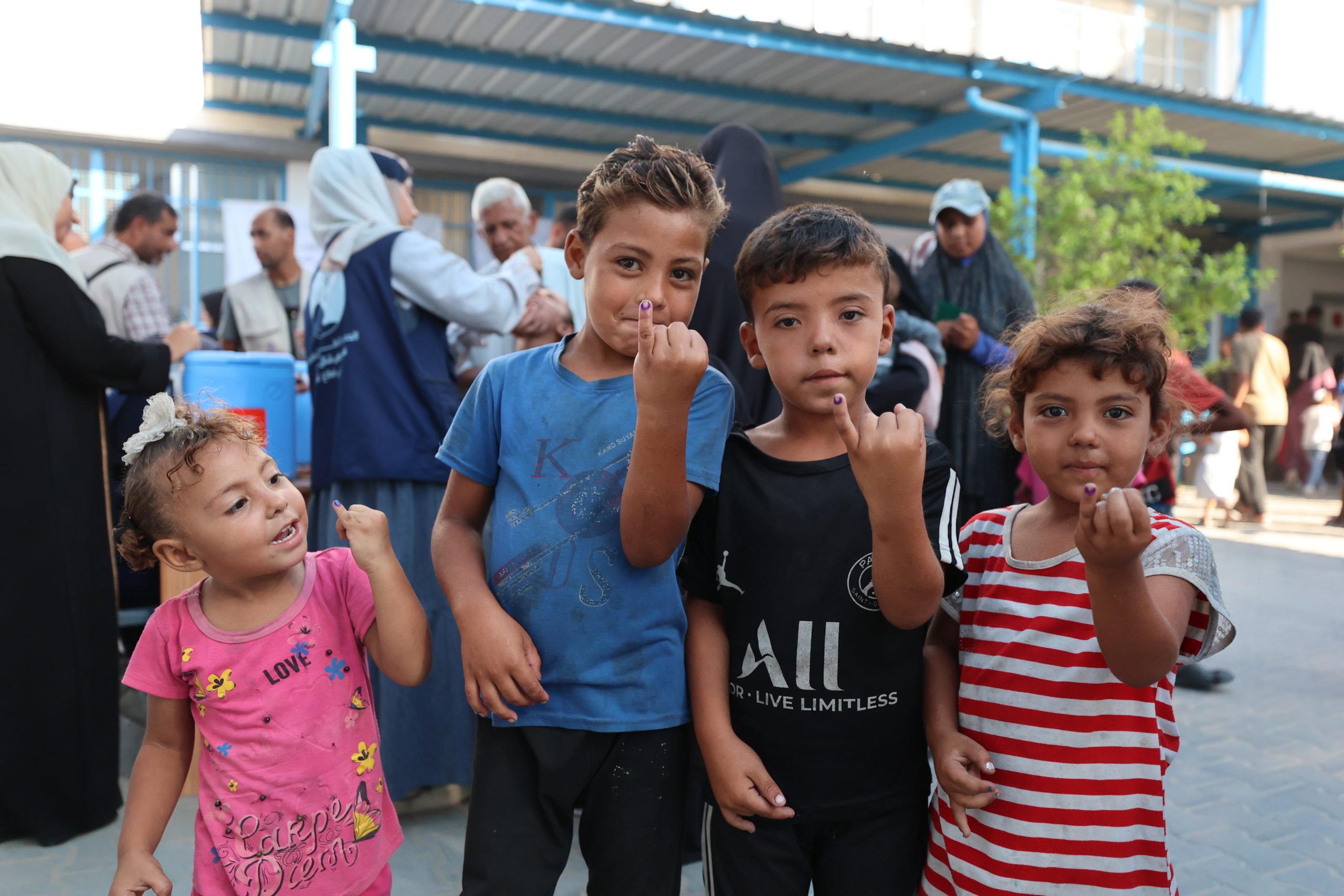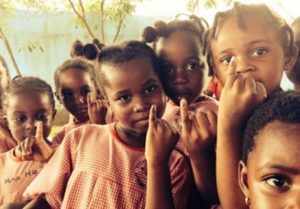
The immunity of children in Equatorial Guinea against polio has been strengthened through the outbreak response, enabling transmission of the virus to be stopped.
Eight children were paralyzed by polio in Equatorial Guinea in an outbreak of the disease between January and May 2014. This June, the final independent assessment took place for the response to this outbreak. The assessment examined two things in detail: is surveillance sensitive enough to find the virus if it is present and are people immunized well enough to protect them from polio?
Although the assessment found that both disease surveillance and vaccination campaigns to prevent it had improved, it also recommended further improvements in mapping communities to ensure that children are not missed. Noting that the outbreak happened due to poor immunity, the assessment concluded that strengthening routine immunization is the single most important step to ensuring that another polio outbreak does not take place.
The assessment concluded that the outbreak response had succeeded in interrupting the transmission of wild poliovirus. The commitment from the highest level of government has been essential for this success, including the personal involvement of the President and the cross ministerial response.
The assessment gathered information from the Ministry of Health, partners of the Global Polio Eradication Initiative such as WHO and UNICEF, surveillance and immunization officers, health workers, traditional healers and other stakeholders, making field visits to directly observe health facilities, cold stores, communities and border vaccination points, enabling a full review of the outbreak response.
